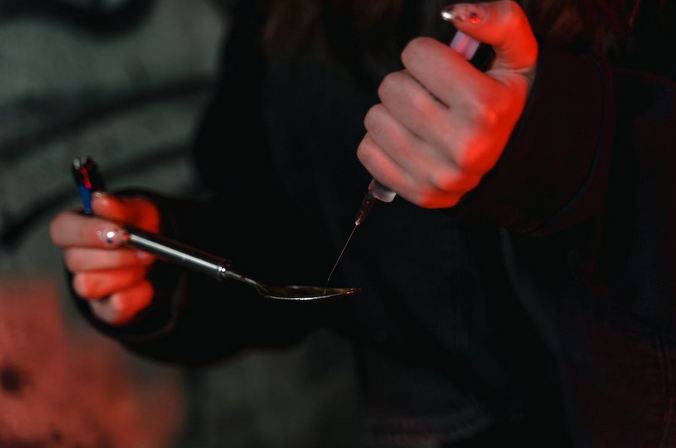If you or someone you know is struggling with alcohol or drug addiction, you’re in the right place because understanding these treatment options can be a crucial step towards recovery. But it is best to visit rehab centers in your area, like Rehab South Africa, before it gets worse.
Substance use disorder affects millions of individuals worldwide, and finding the right form of treatment can make all the difference in reclaiming a healthy and fulfilling life. Today, we will explore detoxification, cognitive and behavioral therapies, and medication-assisted therapies, and provide guidance on where to find help.
Detoxification

Often used as the first step in treating substance use disorder, detoxification is basically about removing harmful substances from the body to achieve physical stabilization. This process can be challenging, as withdrawal symptoms may arise when the addictive substance is no longer present. During detoxification, individuals may experience a range of symptoms, e.g., nausea, sweating, anxiety, and insomnia. Medical professionals closely keep track of the patients to ensure their safety and provide necessary support throughout this stage. Detoxification can take place in various settings, including hospitals, specialized detox facilities, or outpatient clinics.
Cognitive and Behavioral Therapies
 Moving on to the next treatment, these therapies’ ultimate goal is to help people with SUD identify and change unhealthy thought patterns, healthy beliefs, and behaviors that contribute to their addiction. In cognitive therapy, individuals work with a therapist to explore the underlying thoughts and beliefs that drive their addictive behavior. Challenging these adverse thoughts and replacing them with more positive ones, the patients can cultivate healthier coping mechanisms and cut off the risk of relapse.
Moving on to the next treatment, these therapies’ ultimate goal is to help people with SUD identify and change unhealthy thought patterns, healthy beliefs, and behaviors that contribute to their addiction. In cognitive therapy, individuals work with a therapist to explore the underlying thoughts and beliefs that drive their addictive behavior. Challenging these adverse thoughts and replacing them with more positive ones, the patients can cultivate healthier coping mechanisms and cut off the risk of relapse.
Behavioral therapy focuses on modifying specific behaviors associated with substance abuse. It helps individuals learn new skills to cope with cravings, stressors, and triggers without turning to drugs or alcohol. Through techniques like contingency management and motivational interviewing, therapists help patients set goals for sobriety and provide rewards for achieving them.
Medication-Assisted Therapies
Last but not least, medication can also be a great help. This form of therapy combines medications with counseling and behavioral therapies to provide comprehensive support. Buprenorphine is the best example of medication commonly used in MAT. It works by binding to the same receptors as opioids but with less intensity, reducing cravings and withdrawal symptoms with much lower levels of euphoria. Along with this medication, there are also naltrexone and methadone.
MAT has proven successful in improving treatment outcomes, reducing illicit drug use, lowering overdose rates, and increasing retention in treatment programs. However, it’s crucial for individuals seeking MAT to find qualified healthcare providers who can prescribe these medications safely.

Final Verdict: Where to Find Help?
Seeking help as soon as possible is a must. Remember, recovery is a journey that requires support and professional guidance. You can find the assistance needed at rehab centers, outpatient programs, and some support groups. We believe there is hope within you – recovery is possible. With the right treatment plan and ongoing support network, individuals with substance use disorder can overcome their challenges and lead fulfilling lives free from addiction.…

